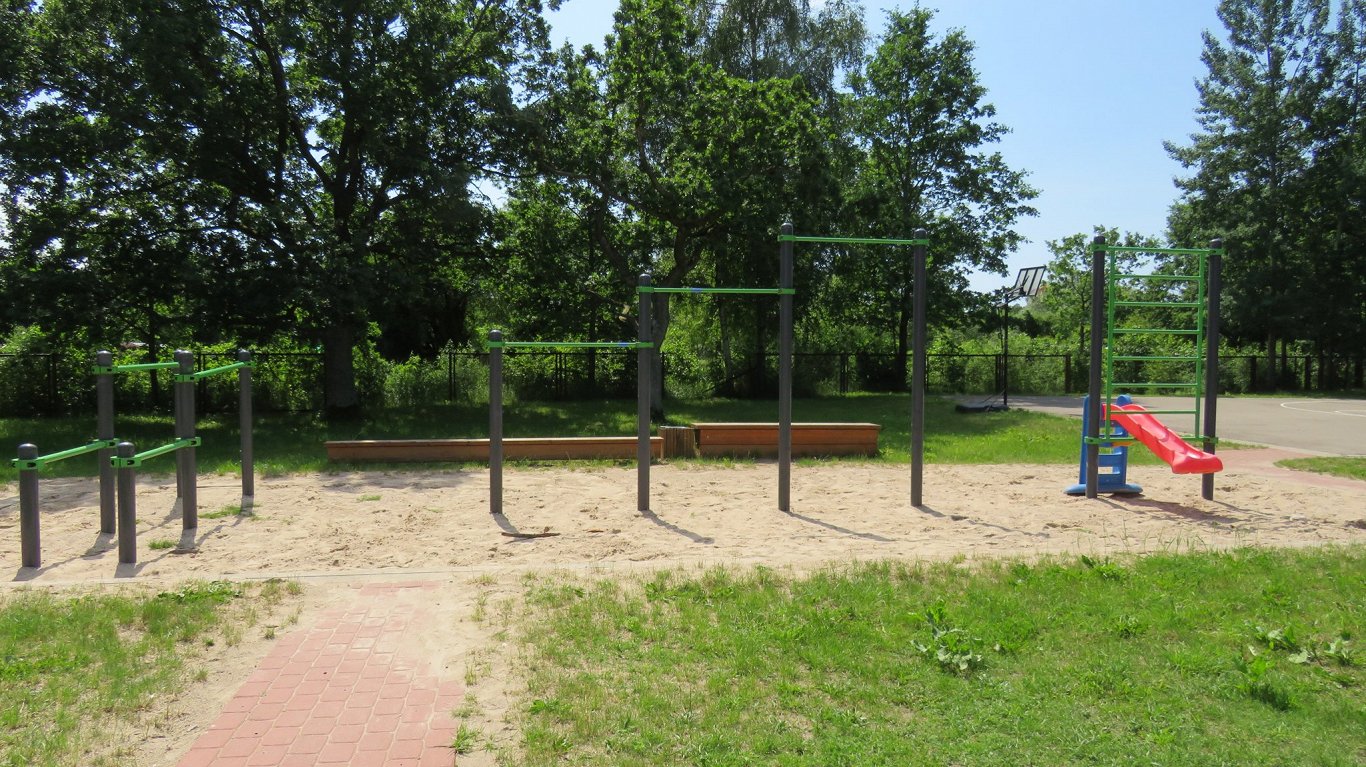This process means that in time inclusive services will be available in Latvia, and children as well as adults with functional disabilities will not have to live in institutions.
The situation with children has improved significantly over the years, with 1,793 children living in care centers in 2012 and 568 now.
“Therefore, in 2020, we exceeded the targets set when we agreed with the EC [European Commission] on the allocation of the necessary money. In parallel, we see how the number of children placed in foster families has changed. If these were 56 children were in 2004, the number was 1,377 last year," said Aldis Dūdiņš, director of the social services department of Welfare Ministry.
However, there is still a lot to be done: for example, by 2023, childcare centers should provide a family-environment service, which means that there are no more than three groups of children in one institution, they do not have common sanitary facilities and services are created in separate places. The aim is to maximize the lives of these children to be close to the life of children in their families. It also needs investment in infrastructure: Latvia will receive more than 26 million from European funds, which LM is planning to invest in five locations dedicated to 120 children.
The plan was criticized by Ilze Dzene, head of the State Social Care Centre's Riga Kapseļu Street branch: “There cannot be a place of services where 24 children receive services together, no matter how many apartments, but receive services together. We need to plan differently – in different places, in the urban environment, in individual apartments, not24 children under one roof."
Others in the industry also encouraged the housing of one or two children with a carer in a separate place. LM pointed out that there are still many unknowns, but it will try to make the services as close as possible to the family. Individual apartments are one of the versions that will be examined by the ministry.




























